Ways To Treat Pneumonia Safely And Effectively
Pneumonia is an infection of the air sacs in one or both lungs, which causes them to become inflamed and infected with pus or fluid. Symptoms include fever, chills, difficulty breathing, and a severe cough. The top five causes of pneumonia include viruses, bacteria, mycoplasmas, fungus, and various other chemicals. Risk factors include cigarette smoking, chronic lung disease, and having an impaired immune system. Treatment depends on the type of infection. These tips can help reduce the duration or severity of pneumonia.
Antibiotics

Even if pneumonia is caused by a viral infection and will not benefit from an antibiotic, it is important to seek the treatment of a medical professional to treat pneumonia. Antibiotics are available to help treat bacterial infections, but they will not help a viral infection. A doctor will need to prescribe an antibiotic; however, including foods with natural antibiotic properties may also help. These may include raw garlic, raw honey, cabbage, unfiltered apple cider vinegar, and fermented foods.
Rest

Resting is an important part of recovering from any illness. Sleep is needed to boost the immune system, which is of particular importance in treating viral pneumonia. Overexertion may further irritate the lungs and cause the infection or symptoms to worsen. Avoid doing aerobic exercise or increasing heart rate with an active pneumonia infection as hard breathing may aggravate the lungs. Resting in bed with a humidifier running is a good way to soothe airway passages to the lungs.
Stay Hydrated

Staying hydrated is the best way to flush toxins out of the body. Drinking more water is beneficial for any type of infection, including viral, bacterial and fungal. Water is needed to move fecal matter out of the gastrointestinal track, which is how toxins are eliminated from the body. The longer food sits in the digestive tract, the more water the colon draws from it, making it hard to pass. Fecal matter that sits in the digestive tract too long accumulates toxins that may prevent the immune system from healing from the infection.
Eat Lots Of Fruits And Vegetables
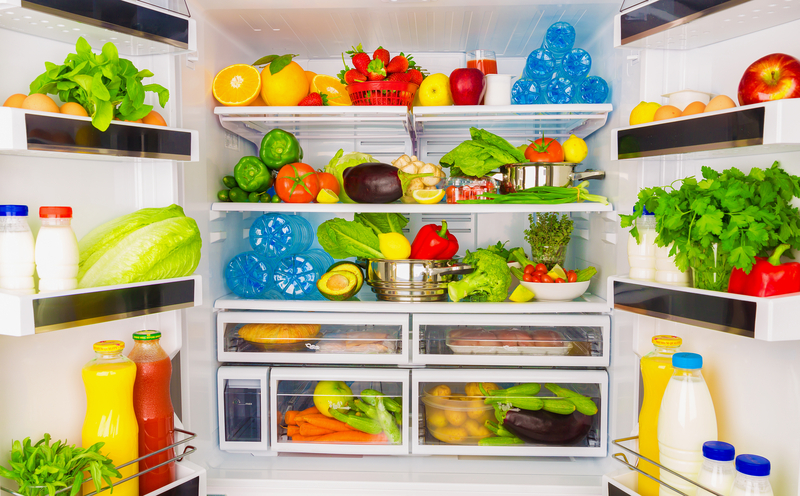
Think of processed foods that are high in refined sugar as fuel for dangerous germs. Removing these foods from the diet and replacing them with healthy foods takes away the ability of the infection to grow and spread. Fruits and vegetables are full of antioxidants, which bind to free radical toxins and move them out of the body. Avoid processed foods, fast foods, and foods high in refined sugars as these cause inflammation in the body, which can worsen the symptoms of pneumonia and prevent proper healing.
Natural Cough Medicine
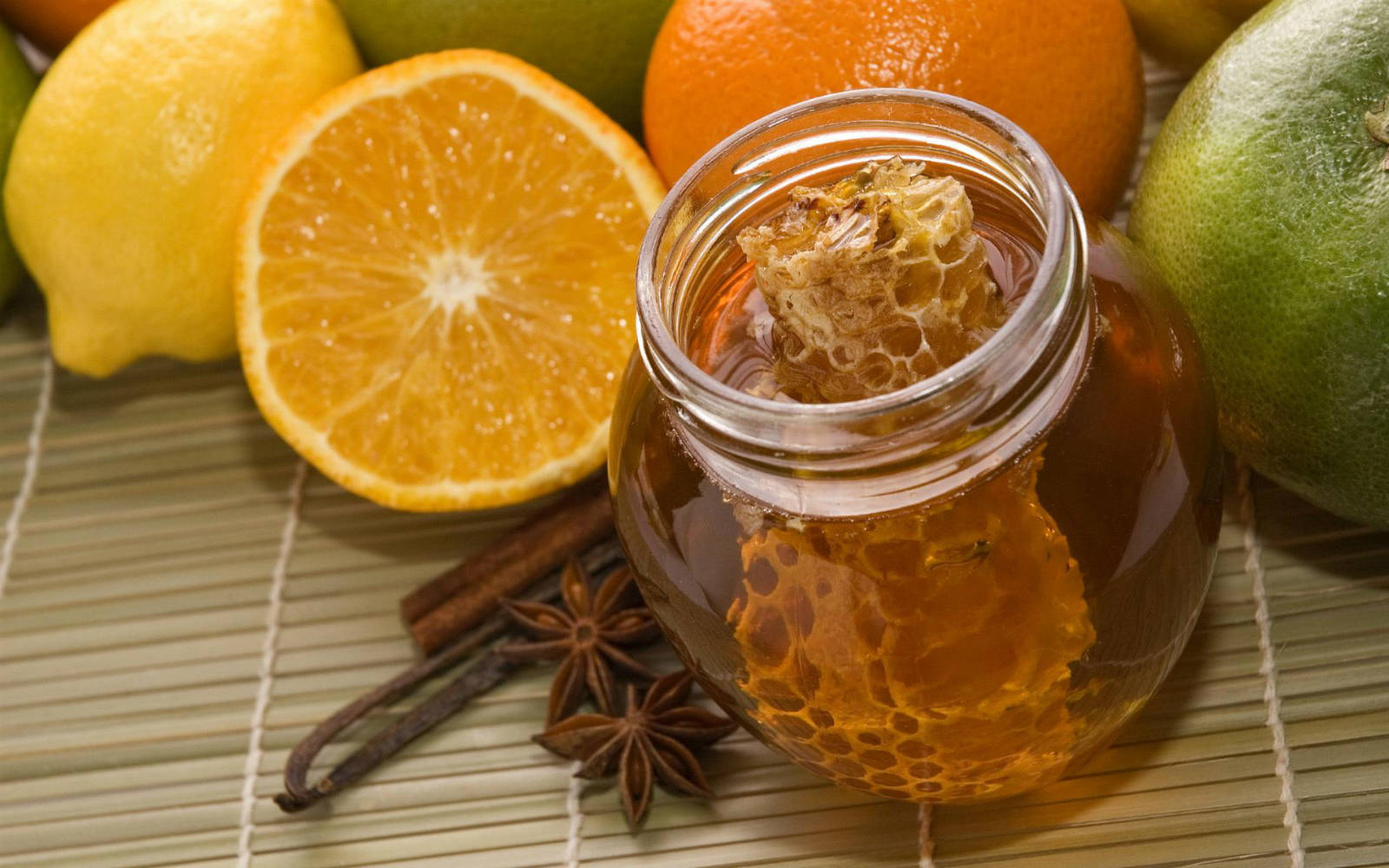
Although over-the-counter medications are available to relieve pain and coughing, they are often full of harsh chemicals that are not suitable for children or people with sensitive stomachs. Try making a homemade cough remedy at home by combining three tablespoons of freshly squeezed lemon juice with one-quarter cup raw honey and two tablespoons coconut oil. This mixture is tasty and contains naturally occurring antiviral, antibacterial, blood purifying, and anti-inflammatory ingredients to soothe pneumonia symptoms and fight the infection in the lungs.
Reduce Environmental Toxins

Reducing household and environmental toxins and allergens is a good way to reduce lung aggravation, especially if the affected person has asthma. Prevent the infection from spreading by washing hands frequently. Do not smoke indoors or at all while the pneumonia infection is active. Avoid burning toxic fumes indoors when cooking and avoid inhaling construction debris and gas at work. Use natural cleaning products at home instead of store-bought generic products with harsh chemicals. Avoiding drastic temperature spikes and high humidity may also help.
Supplements
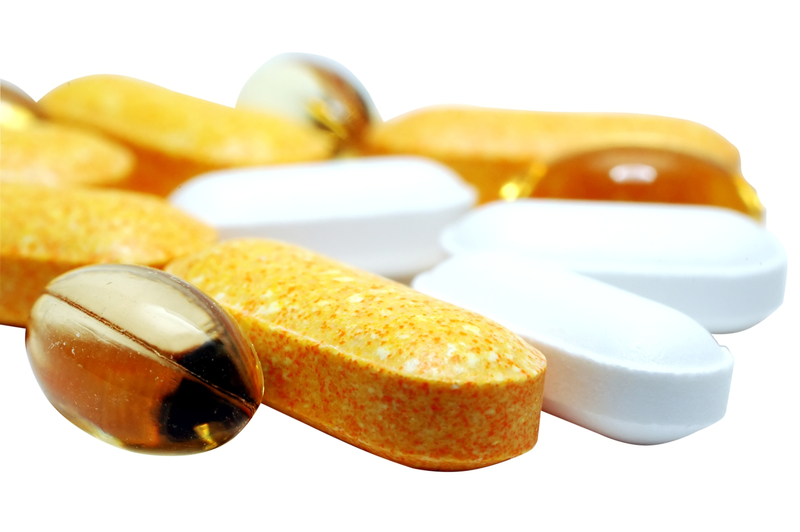
Supplementing with immune-boosting herbs and vitamins may help treat pneumonia. Focus on vitamins A and C, which are easy to obtain from food sources such as citrus fruits, squash, sweet potatoes, and carrots. Herbal supplements may help boost the immune system, fight viral and bacterial germs, and help with wound healing. These include echinacea, astragalus, turmeric, goldenseal, cayenne pepper, and pleurisy root. Taking a probiotic supplement will also contribute to keeping the digestive tract clean and supporting immune system health.
Essential Oils
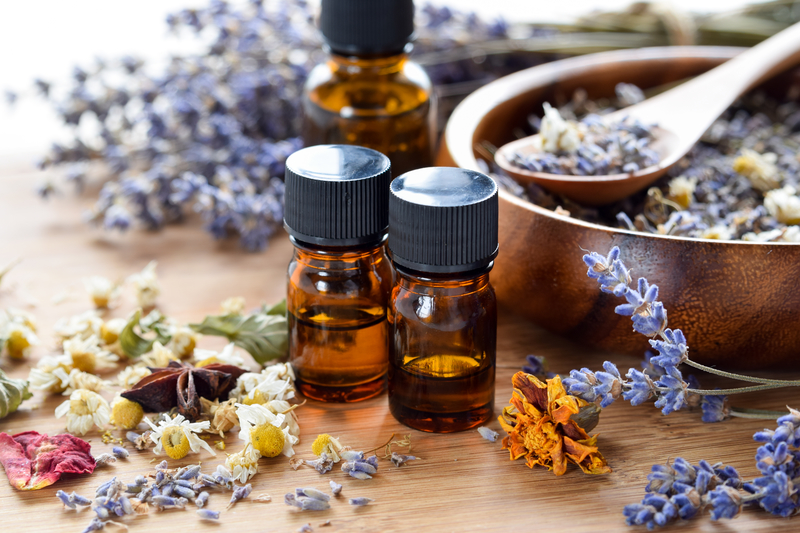
Most essential oils contain potent antibacterial, antiviral, anti-inflammatory and congestion-relieving properties. To make a homemade mixture, add five drops each of tea tree and eucalyptus oils to boiling water. Pour the water into a bowl and inhale the steam until the fragrance runs out. Gently blow the nose to clear the sinuses of congestion. Repeat as many times as needed. Taking a hot detox bath with essential oils may also help. Experiment with other antibacterial essential oils such as lemon, lavender, and camphor.
Drink Hot Tea
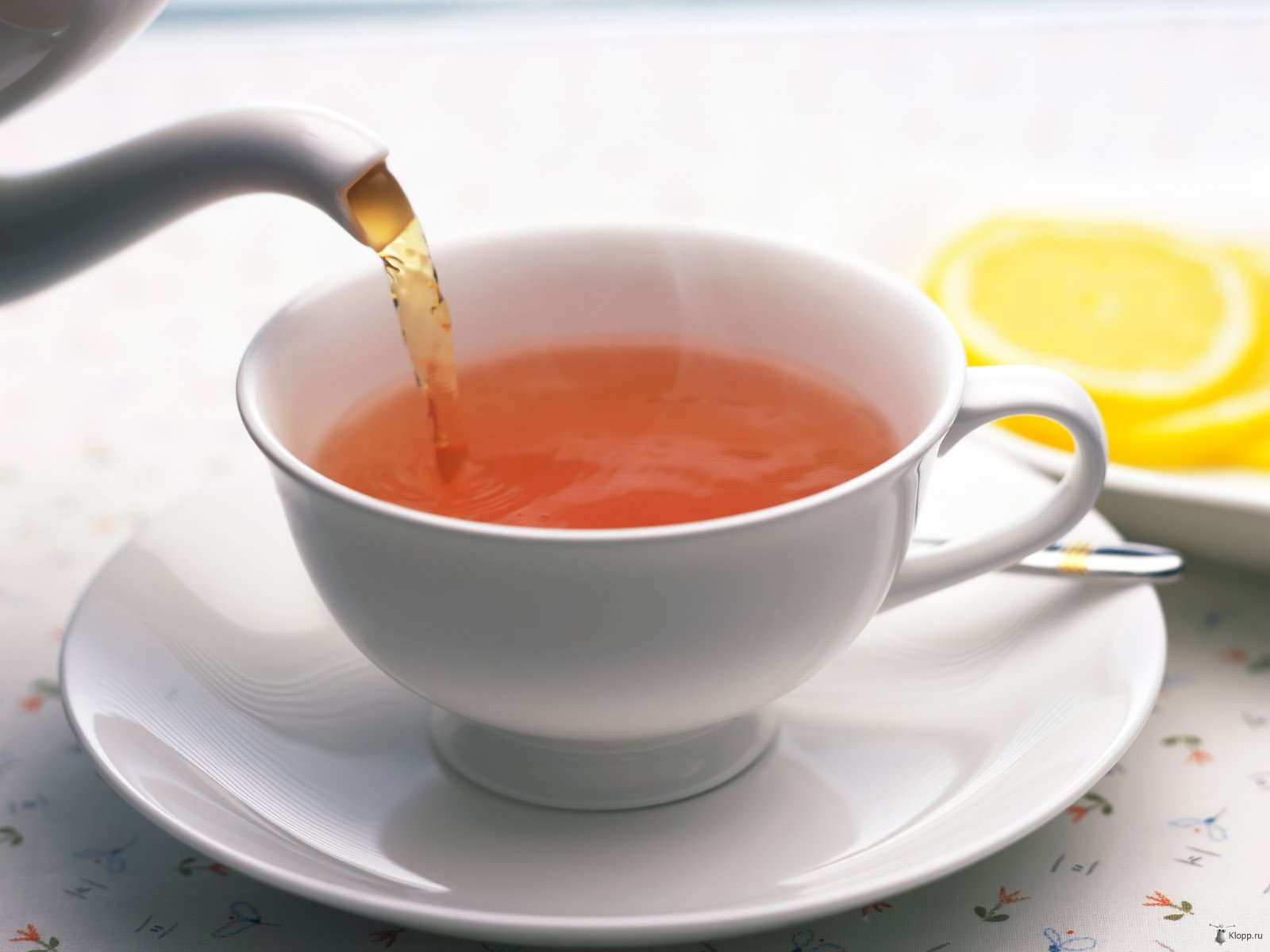
Tea contains a good source of flavonoid antioxidants, which help boost the immune system and naturally detox the body of harmful chemicals. Tea is also very soothing on a sore throat. Make an herbal tea at home by steeping ginger, fenugreek seeds, one clove of garlic and a dash of cayenne pepper in boiling water. Let the tea steep for ten minutes before straining. Add in some raw honey and lemon for taste and an added boost of antibacterial and vitamin C benefits.
Antibacterial Cough Drops
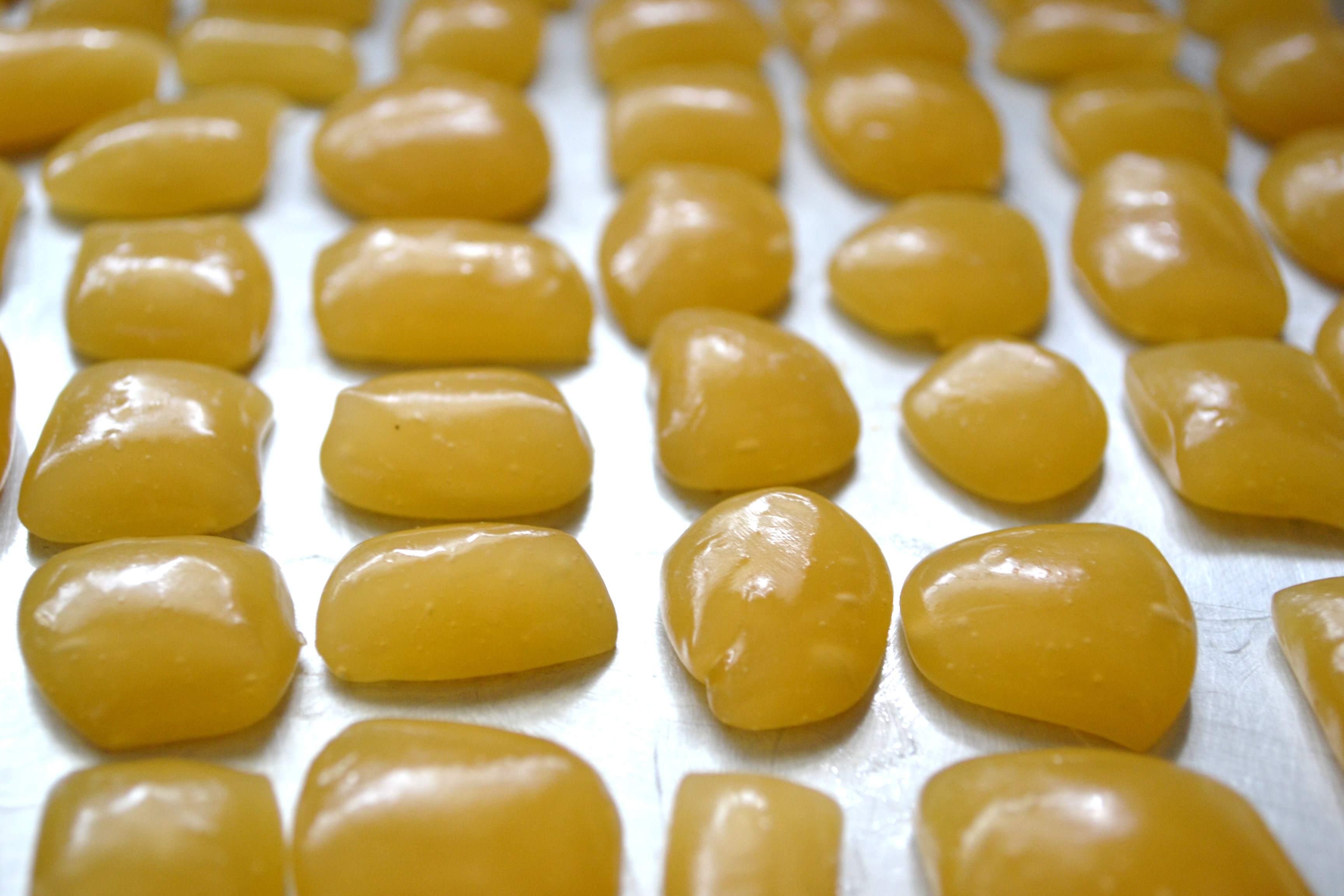
Instead of popping chemical-laden store-bought cough drops to relieve symptoms of pneumonia, make a homemade remedy with natural ingredients. Mix one-half cup organic, cold-pressed coconut oil with one-half cup raw honey and one teaspoon of organic cinnamon. Add a few drops of peppermint essential oil if desired. Spoon the mixture into small ice cube trays and freeze overnight or for at least four hours. All ingredients contain natural antibacterial properties. Cinnamon is also great for improving circulation while coconut oil provides a healthy source of good fats to reduce inflammation.